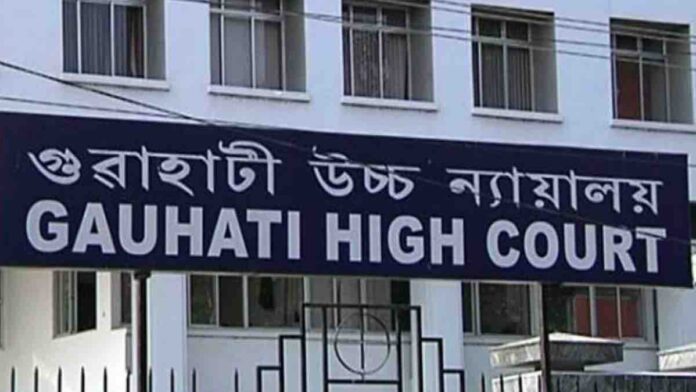In a significant judgment, the Gauhati High Court has ruled that seniority for workmen in the Indian Railways cannot be reckoned from the date they were screened for permanent absorption but only from the date of their actual absorption as permanent employees. This decision, delivered by Justice Sanjay Kumar Medhi on September 11, 2024, has
To Read More Please Subscribe to VIP Membership for Unlimited Access to All the Articles, Download Available Copies of Judgments/Order, Acess to Central/State Bare Acts, Advertisement Free Content, Access to More than 4000 Legal Drafts( Readymade Editable Formats of Suits, Petitions, Writs, Legal Notices, Divorce Petitions, 138 Notices, Bail Applications etc.) in Hindi and English.




